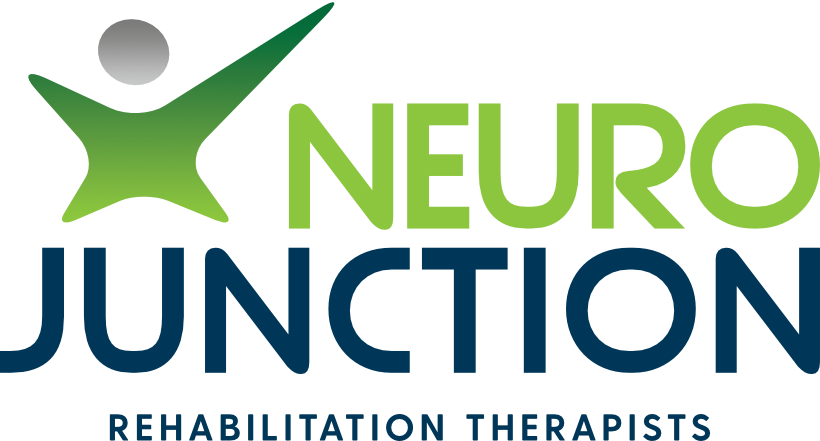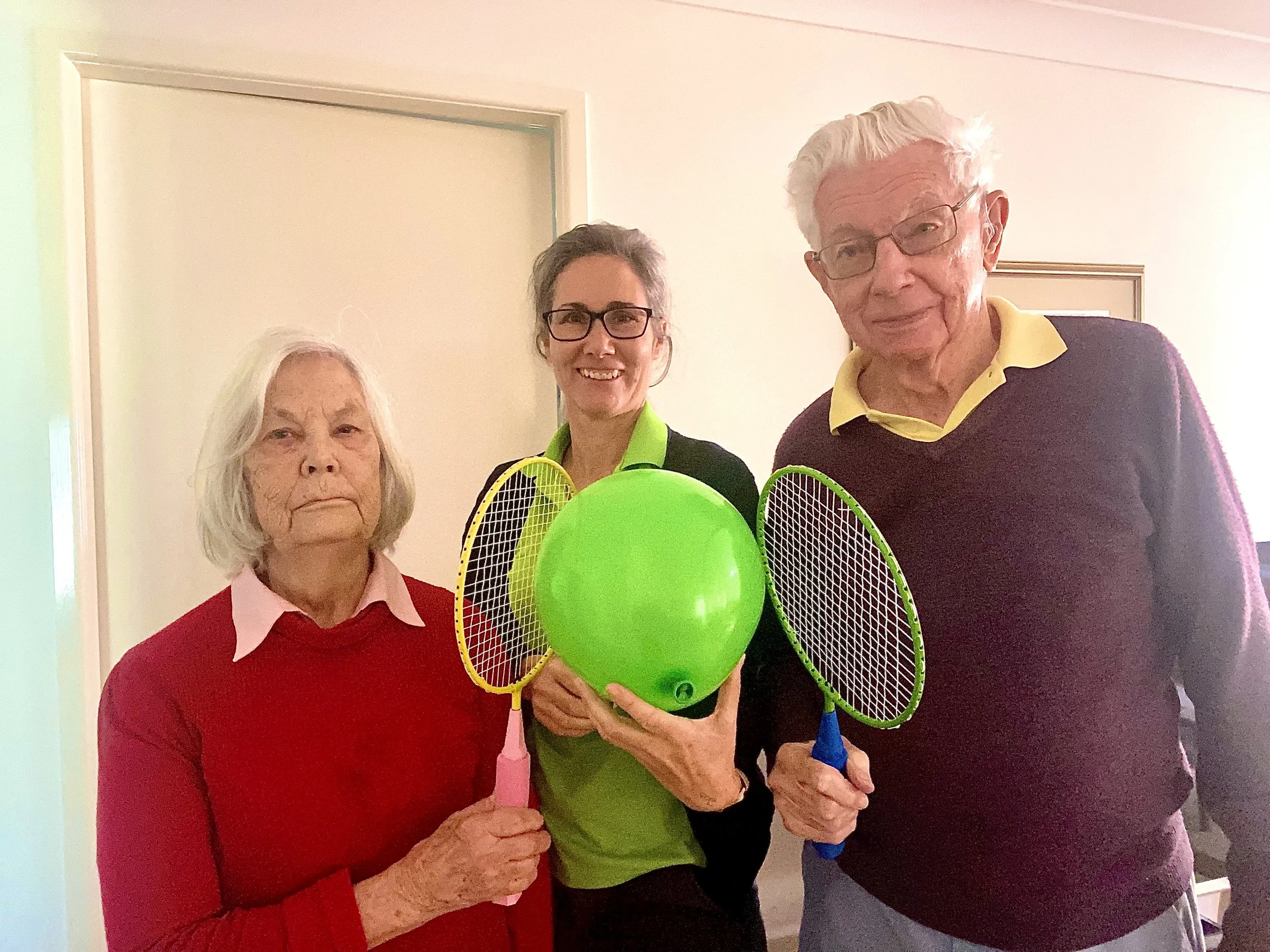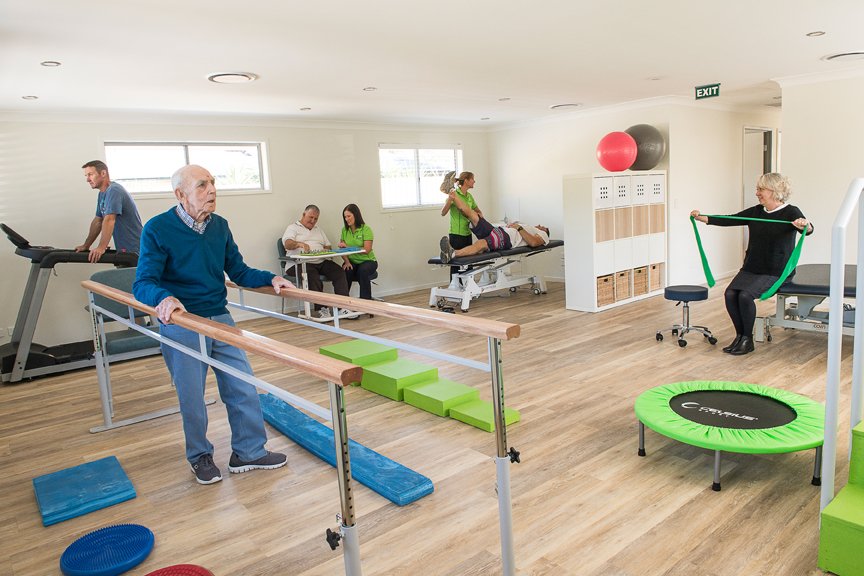Reducing Your Risk of Dementia
What is Dementia?
Dementia is the umbrella term used to describe ‘memory loss’ and/or other cognitive issues, such as language, thinking and problem-solving skills. Dementia can affect a person’s ability to perform day to day activities.
The AIHW states that in 2023 there were 411,100 people living with dementia in Australia. This is estimated to be 15 people per 1,000; or 84 people per 1,000 for those aged over 65yrs. Accounting for this, nearly two thirds are female.
There are numerous types of dementia as seen in the image. Alzheimer’s disease is the most common form of dementia, accounting for 60-80% of cases. Other types include: Vascular Dementia, Lewy body Dementia, Frontotemporal Dementia and others.
Some symptoms of dementia include:
Memory issues
Confusion
Decreased ability to concentrate
Behaviour or personality changes
Difficulty with everyday tasks
There are some risk factors for dementia that cannot be modified, such as age, genetics and family history.
HOWEVER, Research emphasises that good brain health and habits can aid in the prevention of dementia as we age.
Healthy Habits for the Brain:
Keeping the mind active > this can be through challenging the mind with tasks such as puzzles or learning a new skill
Exercise > regular movement and exercise is proven to show multiple benefits to ones overall health, including the brain.
Diet > a good balanced diet can help reduce the risk of cognitive decline. Maintaining a healthy weight can also assist in reducing the risk of dementia.
Sleep > good sleep is important for brain health. If you struggle with good sleep, you can try limiting screentime, minimise disruptions and talk to a healthcare professional if you have medical issues concerning your sleep, such as sleep apnoea.
Manage other co-morbidities > this is is including heart rate, blood pressure, diabetes etc. It is important to work in collaboration with your medical team to ensure these conditions are being adequately managed.
Reduce alcohol and smoking > this can help protect the brains health and function
Being social! > feeling disconnected, depressed and lonely are linked to a higher risk for cognitive decline. By staying social and engaging in your community you are helping your mental health, and overall, your brains health. You do not always need to leave home to be social, this can also be done by calling a friend or relative over the phone.
Protecting your head > the risk of dementia is reduced when people protect their heads, for example wearing a helmet, wearing a seatbelt or minimising your risk of falls through therapy and assistive aids.
What can Neuro Junction do to Help?
Our therapists are experts in exercise prescription and goal setting to help work towards your goals and improve your brain health. Our therapists can also help in reducing a person’s risk of falls through strength and balance exercises, equipment prescriptions, home modifications and education. Our therapists can help improve day to day function and create a safe environment for people who suffer from dementia.
Neuro Junction has a team of physiotherapists and occupational therapists who can assist you.
For more information visit Dementia Australia and Alzheimer’s Australia
References:
Alty, J., Farrow, M. and Lawler, K. (2020). Exercise and dementia prevention. Practical Neurology, 20(3), pp.234–240. doi:https://doi.org/10.1136/practneurol-2019-002335.
Australian Institute of Health and Welfare (2024). Dementia in Australia. [online] Australian Institute of Health and Welfare. Available at: https://www.aihw.gov.au/reports/dementia/dementia-in-aus/contents/summary.
Image retrieved from: https://qbi.uq.edu.au/brain/dementia/types-dementia



